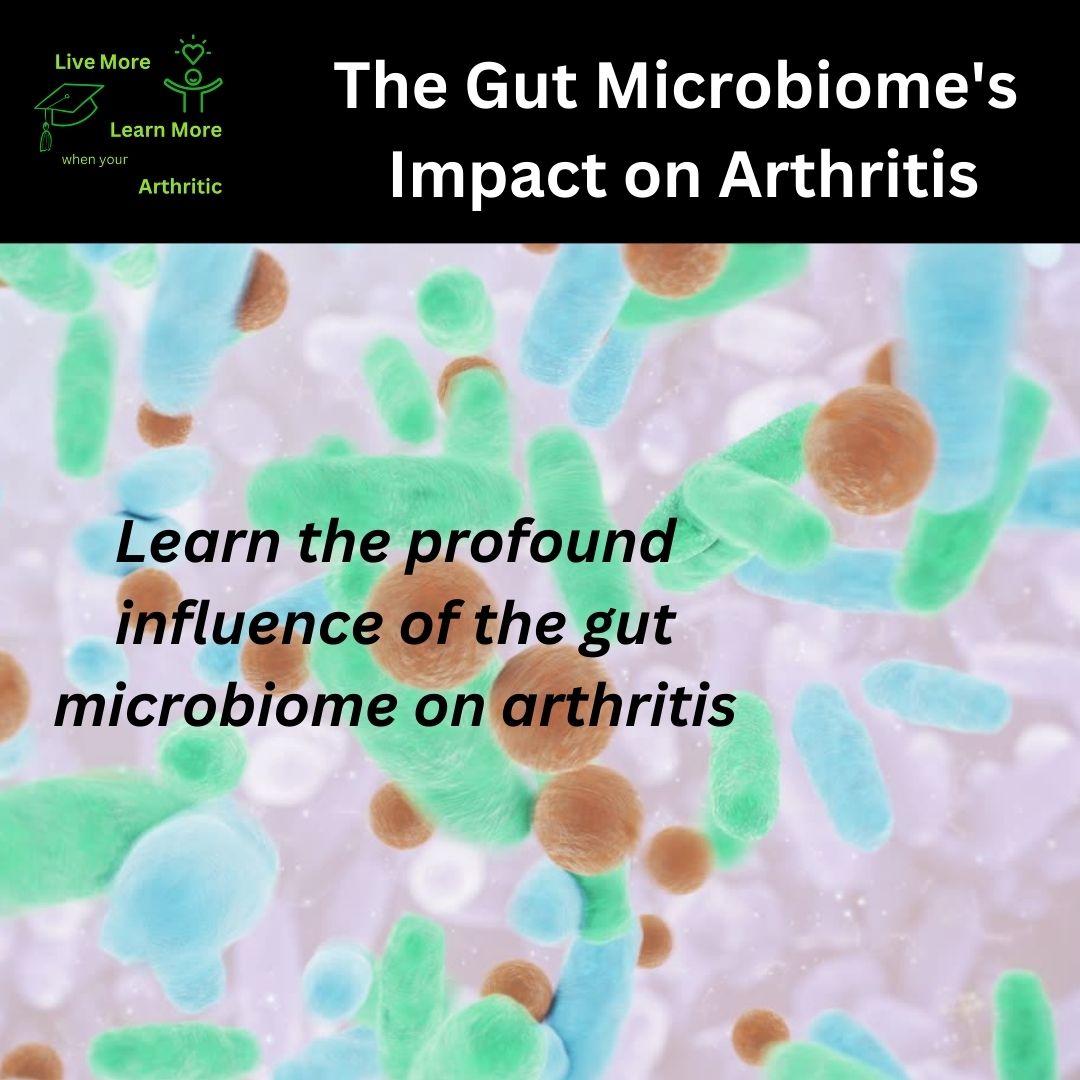
Unveiling the Gut Microbiome’s Impact on Arthritis: A Journey to Wellness
Arthritis affects millions of people worldwide, presenting with various symptoms and complexities. Recently, researchers have made a groundbreaking discovery about the profound influence of the gut microbiome on arthritis. This exploration reveals not only the detrimental effects of an imbalanced microbiome but also the potential for transformative interventions that can enhance both physical and mental well-being.
Description: The relationship between our gut and our joints is intricate and significant. The gut microbiome, which consists of trillions of microorganisms in our digestive tract, plays a crucial role in modulating our immune system, regulating inflammation, and maintaining overall health.
Characteristics: When the delicate balance of the gut microbiome is disrupted, it can lead to severe consequences beyond gastrointestinal discomfort. Dysbiosis, or an imbalance in the gut microbiome, has been linked to the development or worsening of arthritis. Certain bacterial species, such as Prevotella copri, have been found to trigger autoimmune responses contributing to inflammatory arthritis. Additionally, an overgrowth of harmful bacteria can increase intestinal permeability, allowing toxins to enter the bloodstream and worsen systemic inflammation .
Therapeutic Potential of Microbiome Interventions
Description: While a dysbiotic gut microbiome may predispose individuals to arthritis, there is growing evidence that interventions targeting the microbiome hold therapeutic potential.
Characteristics: Probiotics, prebiotics, and dietary modifications aimed at restoring microbial balance have shown promise in alleviating arthritis symptoms and improving overall joint health. A diverse and balanced gut microbiome has been associated with milder symptoms and slower disease progression, potentially extending the lifespan of arthritis patients. Conversely, those with dysbiosis face a higher risk of complications and accelerated aging .
The Threat of Dysbiosis
Description: Despite the benefits of a healthy gut microbiome, imbalance and dysfunction pose significant threats.
Characteristics: Candida overgrowth, a common result of dysbiosis, can cause systemic yeast infections and worsen autoimmune conditions like rheumatoid arthritis. An imbalanced microbiome is also linked to the development of other autoimmune diseases, highlighting the extensive consequences of gut dysbiosis .
Hope and Proactive Steps
Description: Even with a compromised microbiome, there are proactive steps individuals can take to improve their quality of life.
Characteristics: A holistic approach that includes dietary modifications, stress management, and targeted supplementation can help reduce inflammation, alleviate symptoms, and enhance well-being. Emerging research also suggests that restoring gut health can benefit mental health through the gut-brain axis, which connects the gut microbiome to the central nervous system and influences mood, cognition, and emotional resilience .
Conclusion
The gut microbiome stands as a beacon of hope in the fight against arthritis. Understanding the intricate interplay between diet, inflammation, and overall well-being is essential. While dysbiosis presents challenges, it also offers opportunities for transformative interventions that promise a brighter, healthier future. By nurturing a balanced gut microbiome, individuals with arthritis can potentially enhance both their physical and mental health, embracing the transformative power of microbial balance.
- Gut Microbiota in Rheumatoid Arthritis – NCBI
- Role of Gut Microbiota in Arthritis – Science Direct
- Probiotics in Arthritis Treatment – Frontiers in Immunology
- Impact of Prebiotics on Joint Health – Journal of Nutrition
- Candida Overgrowth and Autoimmune Diseases – National Institute of Health
- Gut Microbiome and Autoimmune Diseases – Nature Reviews
- Holistic Approaches to Managing Arthritis – Arthritis Foundation
- Gut-Brain Axis in Health and Disease – Harvard Medical School


